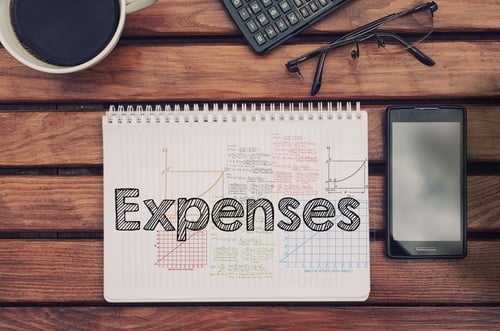BLOG
Dispensations RIP

Under the current rules, a dispensation is a useful tool as it saves work for both employers and employees. A dispensation removes the need for the employer to return detail of an expense or benefit on the employee’s P11D or P9D where the benefit or expense is matched by a corresponding deduction, and for the employee to claim that deduction. In the absence of a dispensation, the employer must tell HMRC about the benefit or expense and the employee must claim the corresponding deduction to offset the tax liability that would otherwise arise.
However, the days of the dispensation regime are limited. From 6 April 2016 it is being replaced by a new statutory exemption for qualifying reimbursed expenses and any existing dispensations will cease to have effect from that date. Unlike the dispensation regime, there is no need to apply for the exemption – it is given automatically if the qualifying conditions are met.
Conditions
The exemption only applies if the associated conditions are met.
The exemption applies for amounts paid or reimbursed which are fully matched by a deduction (so that the net result is that no tax is due). However, the exemption does not apply where the payment or reimbursement is offered in conjunction with a salary sacrifice arrangement and is conditional on two conditions (A and B) being met.
Condition A is that that the employer (or a third party, for example a payroll bureau), has a system in place to check that the employees are actually incurring the expenses, and also that those expenses are deductible. A system where an employee is required to complete an expense claim form and submit this with associated receipts would satisfy the requirement to check that the expenses have actually been incurred.
Condition B prevents the exemption applying if the employer (or third party operating the system) knows or suspects that the employer has not actually incurred the expense or that it is of a type that is not tax-deductible.
Flat rate expenses
It is also possible to apply to HMRC pay flat rate expenses within the terms of the exemption, provided that HMRC approves the application. Once approval to use flat rate expenses has been given, HMRC has the power to revoke that approval if circumstances change.
Example:
XYZ Ltd has a dispensation in place for reimbursed business travel.
In 2015/16, Ellie, an employee, incurs train fares of £438 in travelling to meetings with clients. Having completed an expense claim form and provided receipts, the costs are reimbursed by XYZ Ltd.
As the dispensation is in place, the reimbursement is effectively ignored for tax purposes – XYZ Ltd do not need to include it on Ellie’s P11D and she does not need to claim a tax deduction.
In 2016/17, assuming that Ellie continues to incur travel expenses in attending meetings with clients, any reimbursement of those expenses is exempt from tax as long as XYZ Ltd is satisfied that Ellie has actually incurred the expenses and that they are of a type that are tax-deductible. The company no longer needs a valid dispensation.
Need to know: The dispensation regime comes to an end on 5 April 2015 and is replaced with a statutory exemption for qualifying expenses for 2016/17 and subsequent tax years.
If you need more information on this or any other tax related matters please get in touch with us at Inform.
Read earlier tax blogs:



.jpg?width=1500&height=1000&name=amy-hirschi-K0c8ko3e6AA-unsplash-(5).jpg)

